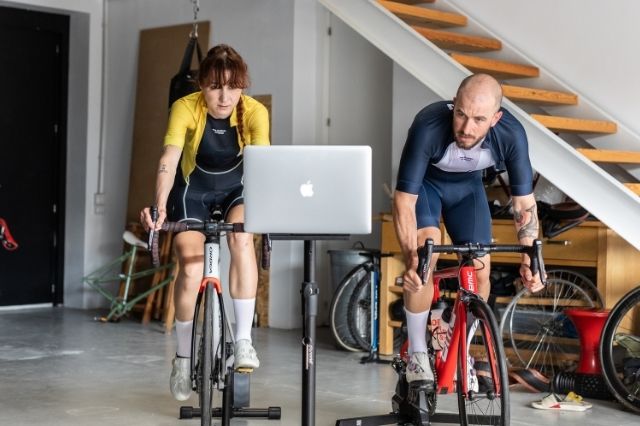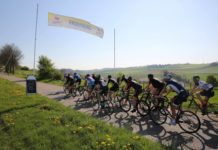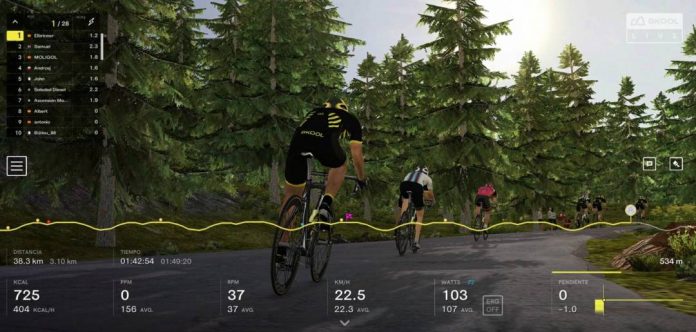The science of cycling continues its inevitable march forward, so much so that today we have at our fingertips an avalanche of information that we can use to make us faster.
On the other hand, cycling is a sport with a long tradition, replete with numerous myths surrounding it. In this article, we’ll debunk some of those myths, many of which you’ve probably heard yourself.
“If you lose weight, you’ll be a better cyclist.”
The gaunt nature of some professional riders has ingrained in the culture the idea that the lighter you are, the better your performance. This has resulted in weight loss becoming an obsession for some amateurs.
Fortunately, science has stepped in. It allows us to see things from a fact-based perspective; and because of that, we now know that what really matters is not your weight, but the power you can generate. Your ability to put watts on the pedals is what best determines performance. In most conditions, it’s the combination of power and aerodynamics that most determine your speed, not weight, which only plays an important role on long, steep climbs.
Losing weight can be beneficial, but keep in mind that shedding a few pounds can also mean losing muscle – and reducing both your strength and your ability to generate power. That’s why it’s important to focus on getting stronger, not lighter.
“What type of cyclists are you?”
We’re used to classifying professional cyclists within certain categories: climbers, time trialists, road racers, sprinters, etc. For pros, it’s an effective way to hone specific strengths and skills, and stay competitive among the world’s elite. However, amateur athletes are often better off not trying to fit into one of the classifications of rider types.
First, you don’t want to limit your possibilities for enjoyment on the bike. Limiting your ambitions to a particular type of competition means rejecting the huge range of experiences that cycling and platforms like BKOOL can offer.
You could also be depriving yourself of the chance to discover your full capabilities. If you keep your options open, you’re likely to surprise yourself. And you’ll be able to tap into your body’s potential to adapt and improve. We all have preferences, but with the right training, anyone is capable of competing on any terrain.
“You only get better when you train hard.”
Effort, sacrifice, and discipline are some of the universal values of sport, and they’re elementary to how we understand it. However, that age old axiom of “no pain, no gain” doesn’t really help that much to make you better. Cyclists too often think harder is always better. But in many cases, the opposite is true.
Training is nothing more than a source of stress, and it’s only during recovery that your body can make adaptations and improve. If you ALWAYS train hard, your body won’t be able to apply these improvements and you’ll never improve. Always remember that easy workouts are also necessary to go faster.
From BKOOL we will keep working to make the simulation more and more real, try it FREE for 30 days!













